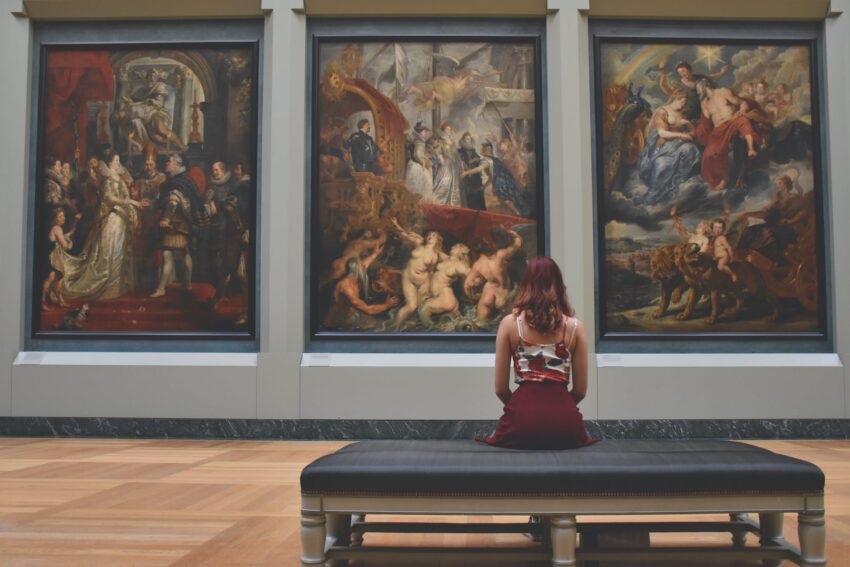Mankind has used mind-altering substances across cultures and throughout history to enhance their creativity and gain inspiration in art, music, and writing. Psychedelics, substances that are known to alter perception and consciousness, have been at the forefront of this creative exploration. These substances, including LSD, DMT, and mescaline, have been shown to have a profound impact on the human experience, encouraging flow states, and expanding imagination. In this article, we will delve into how psychedelics influence creativity and why they have been used by many artists, writers, and musicians.
A common thread among many creative individuals is their ability to enter a state of deep focus, often referred to as a “flow state.” This is a mental state in which the individual is fully immersed in their activity, feeling energized and focused. It’s believed that psychedelics can facilitate this state, leading to enhanced creativity.
There are countless anecdotes of artists and musicians using psychedelics to aid in the creative process. For example, The Beatles famously experimented with LSD, providing them with inspiration and new ways of thinking about their music. Rapper A$AP Rocky has also shared his stories of taking psychedelic mushrooms for creativity, claiming that it helps him come up with innovative ideas.
Psychedelics like LSD, DMT, and mescaline work by stimulating serotonin receptors in the brain, specifically the 5-HT2A receptor. This stimulation triggers an increase in the release of neurotransmitters like glutamate, which plays a significant role in cognition, learning, and memory. The increase in synaptic activity is believed to be one factor contributing to the enhanced creativity experienced by the user.
One of the ways psychedelics can enhance creativity is by dissolving the brain’s typical boundaries and allowing thoughts and ideas to flow more freely. Researchers have found that when under the influence of psychedelics, the brain’s different regions become more interconnected, facilitating a more fluid exchange of information. This can lead users into uncharted territories of thought, imagination, and creativity.
In conjunction with the increased flow of information between brain regions, psychedelics can also enhance creativity by reducing the activity in the brain’s default mode network (DMN). The DMN is associated with self-referential thoughts, which can act as a barrier to accessing pure, unfiltered creativity. Diminishing the activity of the DMN can lead to a decrease in ego and self-consciousness, and allows for a greater connection to one’s imagination and intuition.
Despite the vast number of anecdotal accounts, scientific research on the correlation between psychedelics and creativity is limited. However, there are a few studies that have found promising results. In a study published by the Journal of Neuroscience, researchers administered microdoses of LSD to participants and found increased brain connectivity and cognitive flexibility, paving the way for enhanced creative problem-solving.
Another study found that ayahuasca, a plant-based brew containing DMT, had a significant impact on participants’ creativity-enhancement, reporting an improvement in divergent thinking, which is associated with flexibility of thought and the ability to generate innovative ideas.
While the research on psychedelics and creativity continues to grow, it’s essential to note that the use of these substances can also come with risks, such as negative psychological effects and even potential abuse. It’s crucial to approach the use of psychedelics mindfully and with caution, especially for those who are new to these substances or have pre-existing mental health conditions.
In conclusion, the association between psychedelics and creativity is a fascinating area of study ripe for further exploration. By unlocking the mysteries of the brain’s flow state and providing users with a window into untapped realms of imagination, these substances can offer invaluable insights and inspiration to artists, writers, and musicians. While much is still unknown, the potential benefits of psychedelics as catalysts for creativity are an exciting and promising field for continued research.
